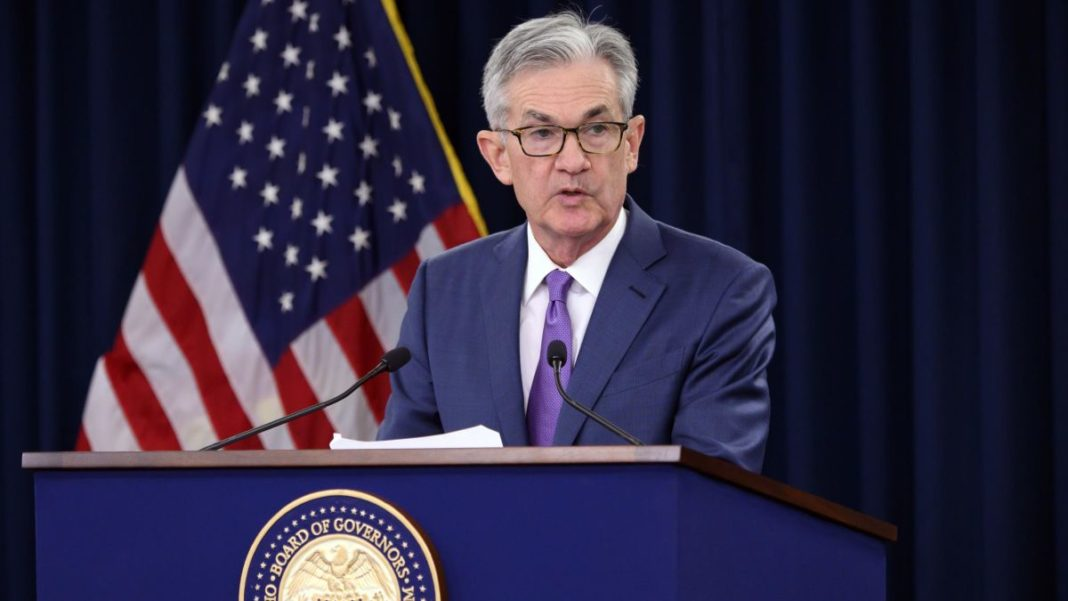Negocie mais de 1500 instrumentos.
Em qualquer lugar, a qualquer hora.
News / Oil holds steady as Russia reaffirms commitment to output cuts
Oil holds steady as Russia reaffirms commitment to output cuts
Brent crude was down 1 cent at $62.01 a barrel by 0055 GMT, having logged a weekly gain of more than 4% last week, its best weekly gain since Sept. 20.
West Texas Intermediate (WTI) crude futures were down 4 cents at $56.62 a barrel, having risen more than 5% last week, also the biggest weekly increase since Sept. 20.
Russia’s energy ministry said on Friday it is continuing close cooperation with Saudi Arabia and the Organization of the Petroleum Exporting Countries (OPEC) and non-OPEC oil producers to enhance market stability and predictability.
The statement came a day after Igor Sechin, CEO of Russian oil producer, Rosneft, said the September attacks on Saudi oil assets created doubts over its reliability as a supplier. The attacks temporarily shut down around half of the kingdom’s oil output.
“(Russian) oil companies have wanted to get busy stealing oil market share from the Saudis and others for a few years now but ... Moscow has them in a bit of a box and is driving the bus,” said Greg McKenna, strategist at McKenna Macro.
OPEC+, an alliance of OPEC members and other major producers including Russia, has since January implemented a deal to cut output by 1.2 million bpd to support the market.
The pact runs to March 2020 and the producers meet to review policy on Dec. 5-6.
Prices were also supported by a statement from the United States and China that they are close to finalizing some parts of a trade agreement after high level discussions.
Elsewhere, a suggestion by U.S. President Donald Trump that Exxon Mobil or another U.S. oil company could operate Syrian oil fields drew rebukes from legal and energy experts.
Source: Reuters
Tem uma pergunta?
As nossas equipas de apoio ao cliente multilingues e dedicadas trabalham 24/5,fornecendo apoio a todas as suas necessidades de trading, ao mais alto nível possível.
Contacte-nos
Office Suite 1666
Level 16 (A), Main Office Tower
Financial Park Complex Labuan
Jalan Merdeka
87000 Labuan F.T, Malaysia
License and Regulation: Golden Brokers Ltd. is authorised and regulated by the Labuan Financial Services Authority (“LFSA”) with license number MB/19/0030. As such, Golden Brokers Ltd. is authorised to conduct business as Money Broker and carry out certain categories of financial investment business as permitted under the Labuan Financial Services and Securities Act 2010.
GOLDEN BROKERS LIMITED does not offer its services to the residents of certain jurisdictions such as: Afghanistan, Cuba, Crimea, Israel, Sudan, North Korea, Ethiopia, Iran, Bosna and Herzegovina, Iraq, Lao People's Democratic Republic, Syria, Uganda, Vanuatu, Malaysia, Yemen, EU, US, Russia.
Risk Warning: CFDs are complex instruments and come with a high risk of losing money rapidly due to leverage. You should consider whether you understand how CFDs work and whether you can afford to take the high risk of losing your money. Please read the full Risk Disclosure












